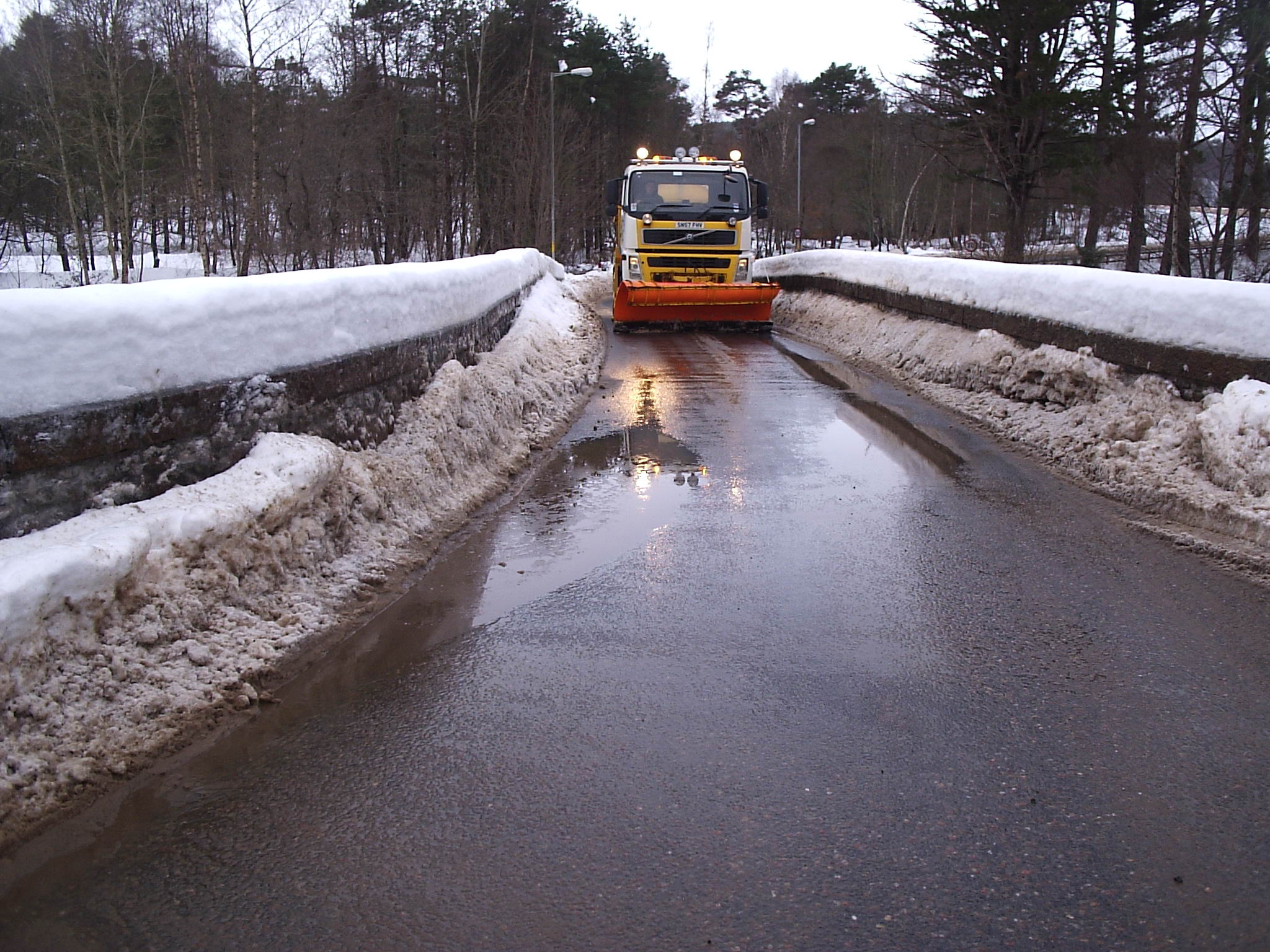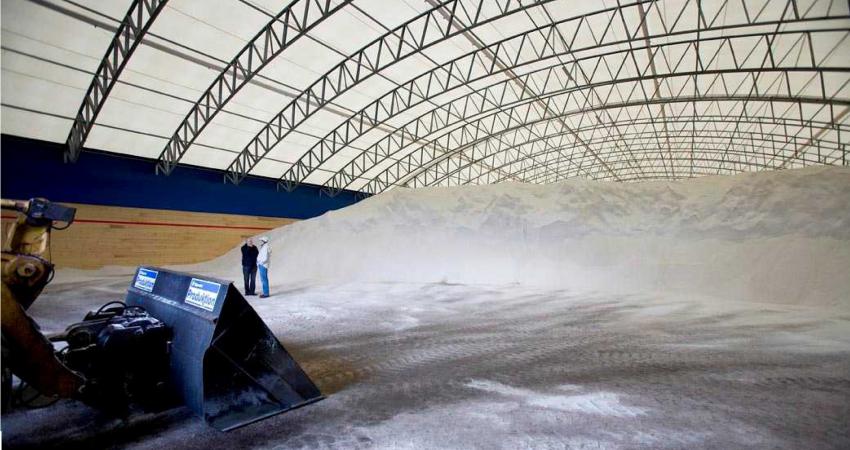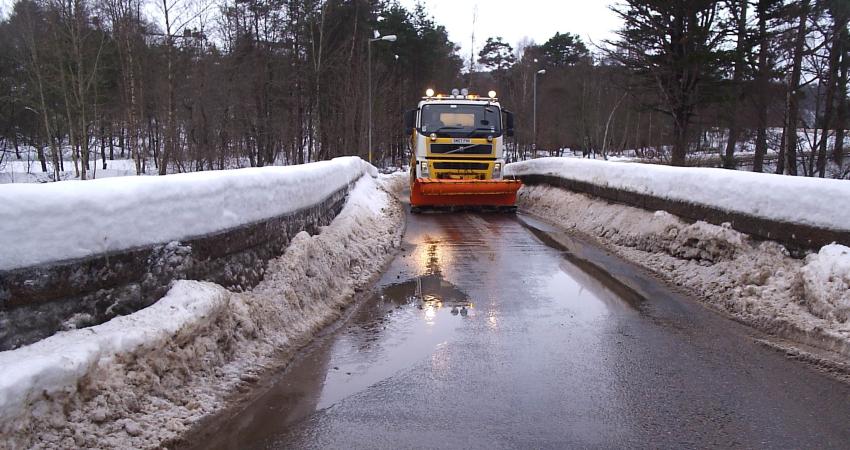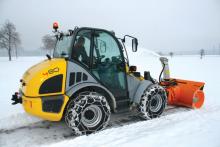Winter weather often brings traffic chaos, and authorities have to be ready to tackle it as Patrick Smith reports. Good winter maintenance is rarely noticed, and it is only when things go wrong that it becomes a public issue. "When sudden bouts of cold weather bring traffic chaos, icy roads receive high-profile coverage and local authorities are criticised, often unfairly, for not affording greater protection," says the Highways Term Maintenance Association (HTMA), the UK's top trade body for road mainten

In order to provide adequate winter maintenance service authorities need resources including gritters
Winter weather often brings traffic chaos, and authorities have to be ready to tackle it as Patrick Smith reports
Good winter maintenance is rarely noticed, and it is only when things go wrong that it becomes a public issue. "When sudden bouts of cold weather bring traffic chaos, icy roads receive high-profile coverage and local authorities are criticised, often unfairly, for not affording greater protection," says theWith highway maintenance (like many other services) set to face severe budget cuts, the HTMA claims the private sector companies could reduce highway maintenance costs to local authorities by as much as 15%.
However, the HTMA (a group of 21 contracting and consulting companies including major international names such as
According to HTMA, in one winter season a typical member company operates as many as 200 gritters; uses as much as 100,000tonnes of salt; has as many as 950 people involved and covers as much as 10,000km of road network.
In order to provide an adequate winter maintenance service authorities need resources including a winter maintenance vehicle fleet fitted with snow ploughs; loading facilities or vehicles; snowblowers; enough drivers to provide 24/7 service; more use of GPS in vehicles; data loggers to monitor salt usage; decision-making staff; depots with salt stock management systems, and a system of weather stations on the network to monitor conditions.
Indeed, at a time when the UK has suffered its worst winters for years, the
To prevent ice forming on roads different treatments can be used on surfaces. Generally rock salt is used although pre-wetted salt can reduce usage by about 25% and can be applied at a faster application rate and acts quicker.
A recent innovation has been the introduction of rock salt treated with agricultural by-products (ABP) or molasses. Manufacturers claim that 30% more material ends up on the road surface, rather than in verges, due to its adhesion properties, thus reducing the spread rates. There is also evidence that it is less corrosive than pure rock salt and has less effect on bridges and street furniture. Other materials effective in preventing ice forming on roads include urea, acetate and ethylene glycol, but these are less widely used as they are more expensive than rock salt, are difficult to store and require expensive plant to spread them. Konsin (produced by Univar) is particularly suited to runway deicing.
Indeed, the
Irish Commercial (Sales) will supply 95
Following Aebi Schmidt's tests at its Dutch test track [a full version of the report can be found at %$Linker:
Meanwhile, structure specialist










